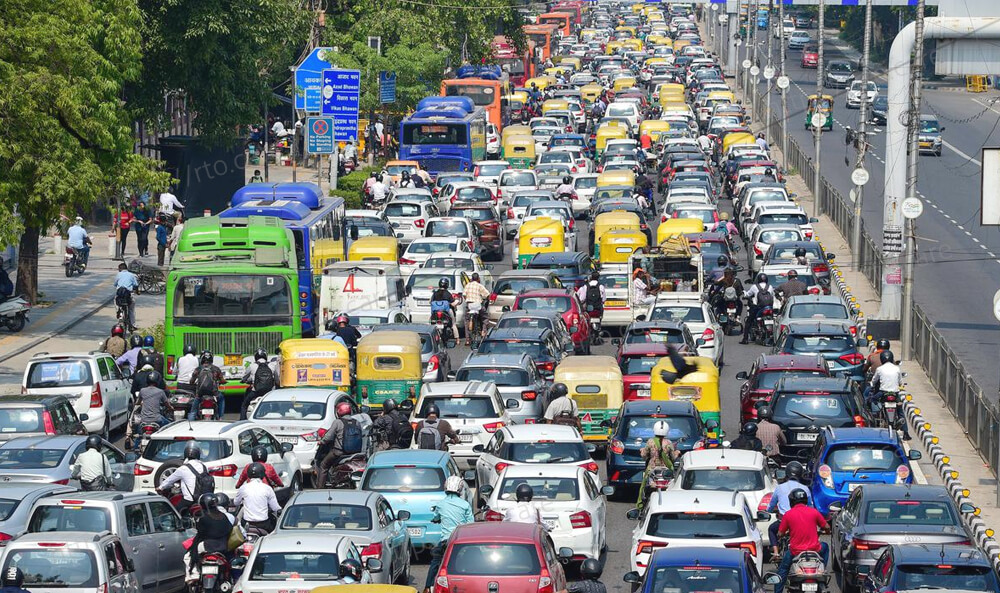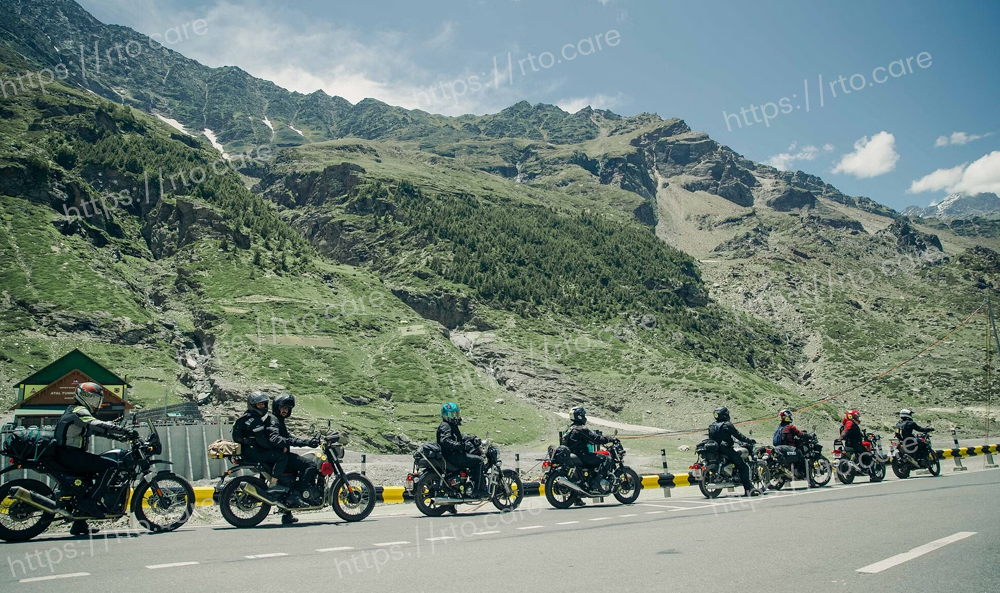Instead than waiting till the air quality in Delhi-NCR deteriorates past a certain point as was the case in the past, emergency steps to control air pollution will now be implemented based on forecasts of worsening air quality, three days in advance. A suggestion to prohibit BS-IV diesel four-wheelers if the air quality index (AQI) worsens is also included in the proposed measures.
The Commission for Air Quality Management (CAQM) in NCR and Adjoining Areas issued a new Graded Response Action Plan (GRAP) on Wednesday in accordance with the Supreme Court's instructions. According to the dynamic model and weather/meteorological forecast that will be given to the Commission, Actions under Stages II, III, and IV shall be invoked at least three days prior to the AQI reaching the expected levels of that stage.The Supreme Court had requested that the CAQM initiate GRAP-based actions on projections of air quality rather than by waiting for the AQI to worsen on November 24.
The Hindu had reported on November 17 that the authorities had not carried out actions under the emergency category of the GRAP, such as closing schools and prohibiting building activities, despite Delhi's AQI being severe for eight out of the ten days following Deepavali. However, this won't happen now because the precautions will be put into place three days in advance. Depending on the present levels of air pollution, GRAP is a set of immediate actions to be implemented to minimise air pollution. In 2017, the Union Environment Ministry gave notice that it would battle air pollution in accordance with the Supreme Court's directives. These are fast fixes to reduce the excessive pollution levels; they are not long-term solutions.
New classification
The GRAP is now classified under four different stages of prediction of adverse air quality in Delhi:
- Stage I - Poor (AQI 201-300);
- Stage II - Very Poor (AQI 301-400);
- Stage III - Severe (AQI 401-450);
- Stage IV - Severe Plus (AQI >450).
Under Stage III, the revised GRAP says, State governments in NCR/GNCTD may impose restrictions on BS-III petrol and BS-IV diesel LMVs (4-wheeled vehicles). But an official of the Commission said it was not mandatory. NCR States have been implementing GRAP for the past many years and we are leaving this to the discretion of the States whether they want to impose this particular ban, the official toldThe Hindu.
A similar directive under Stage IV says, The State governments may adopt extra emergency measures including closing schools, colleges, and other educational institutions, operating vehicles on an odd-even basis, etc. In accordance with Stage IV, all four-wheeled diesel LMVs (Light Motor Vehicles) are prohibited from operating in Delhi and the NCR areas that surround Delhi, with the exception of BS-VI vehicles and those used for essential and emergency services. The new policy, according to the CAQM, was an important step in improving the NCR's air quality overall through a defined geographic approach and schedule for implementation.
This policy contains sector-wise recommendations for agencies and departments of the Central government, NCR State governments and GNCTD along with the Central Pollution Control Board and the State Pollution Control Boards to prevent, control and abate air pollution in the NCR including industries, vehicles/transport, construction and demolition, dust from roads and open areas, municipal solid waste burning, crop residue burning etc. the official statement said.










